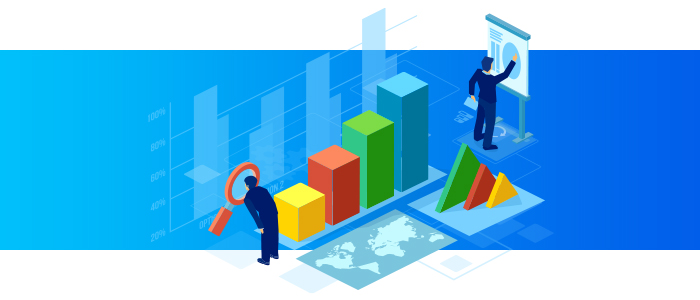
Do your homework: 3 things to do when looking for an MSP
Thinking of hiring a Managed Service Provider, but not sure how to go about it? Here are a few things to do before you zero in on one.Figure out what you have already
The first step in a good plan is to figure out where you stand currently. Before you talk to an MSP, conduct an audit of your IT infrastructure to decide what you have currently. List all your hardware and software. When performing this IT audit, don’t forget other technologies that you are using, such as biometric access systems, CCTV systems and even telephone systems. You may think they are irrelevant as they are not directly related to your IT infrastructure, but, in the near future you may want them all to be connected to one another, and so, including them in the audit and inventory right now is a good idea.
Figure out what you need
This is the next step. After you determine what you already have, the next step is to figure out what you need. What do you want to add on or remove from your existing IT infrastructure? Are your servers too slow? Do you want to switch to the Cloud instead of traditional services? Do you want a Unified Communications set up instead of your current PBX phone line? Do you want to shift to a work-from-home model and need the infrastructure to support that?
Do your research
Now that you are clear about what you have and what you need, start doing your research. If you have an in-house IT team, you can ask them to evaluate the various options that can help you reach your goal. If not, then there are plenty of resources available online for SMBs that help with tech questions. https://www.sba.gov/learning-center is one great resource and a Google search will get you more.
As a part of this research, you should also make a list of credible MSPs in your area and learn more about them. A Google search can help you with that, but it would be even better if you reach out to a couple of your peers requesting them to refer you to their MSPs, if they have one.
Hiring an MSP means trusting them with your IT infrastructure, so it is very important that you have a clear understanding of what you really want and need, so you can share your expectations with your new MSP. This transparency and clarity goes a long way in determining the success or failure of your relationship with the MSP.


Comments
Post a Comment